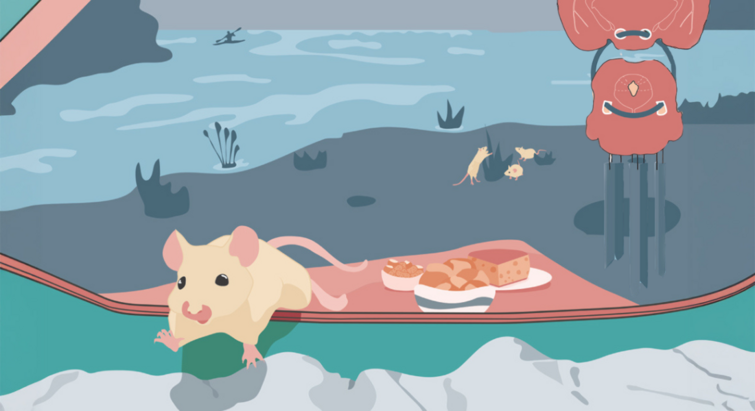
News about The brain
Viser 1 til 24 af 84 dokumenter.

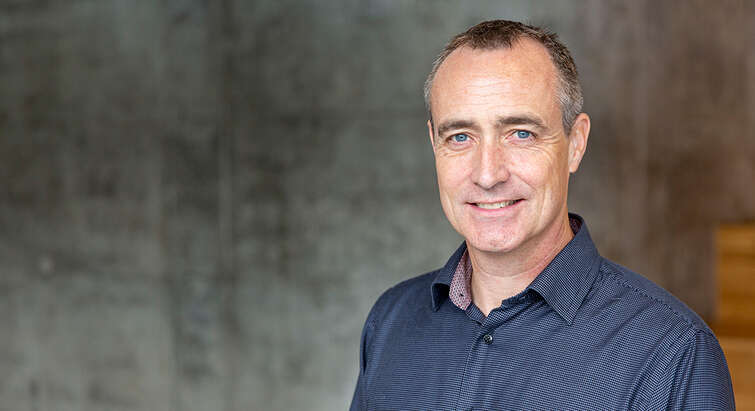
A better structural understanding of the dopamine transporter
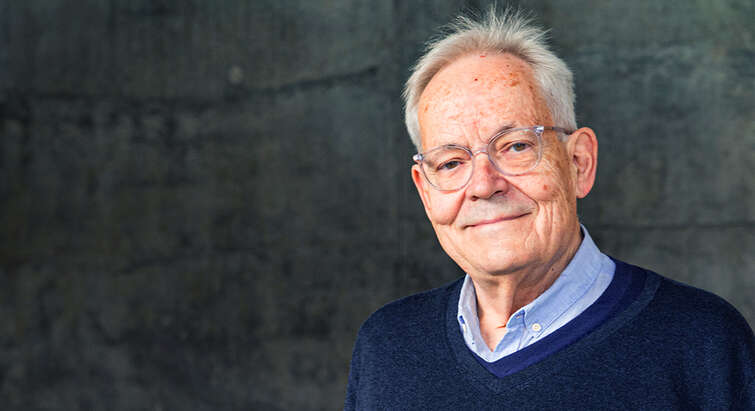
He looks at our noisy world with concern

The Department of Neuroscience Hires Two New Associate Professors
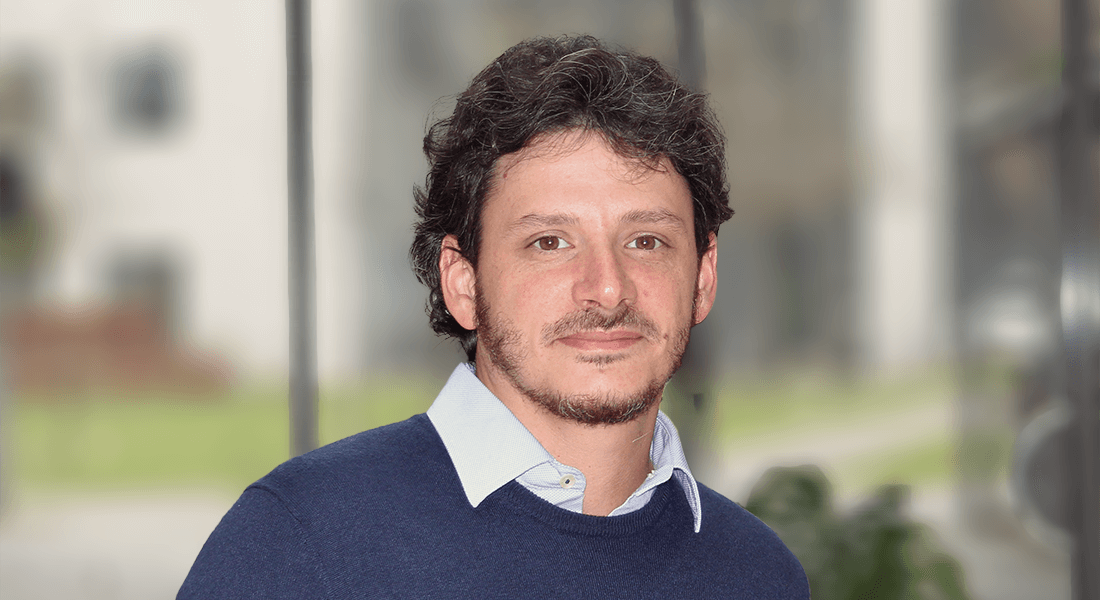
Marco Polimeni receives Marie Curie grant

Neuroscience Academy Denmark Receives Grant of DKK 222 Million to Elevate Danish Neuroscience Research

Department of Neuroscience on the radio
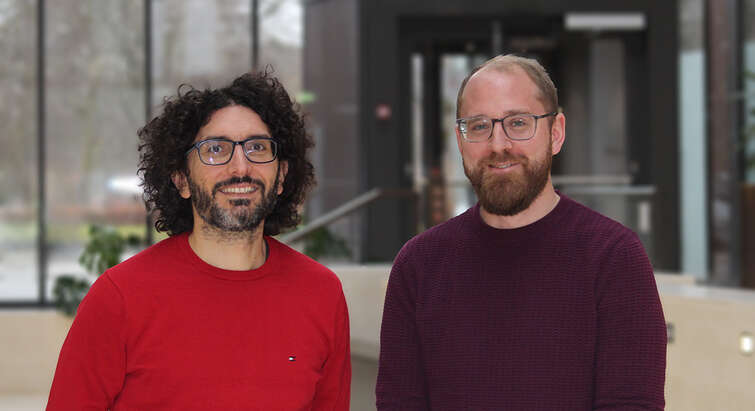
New project will investigate fast processes in protein phase transition connected to Parkinson’s disease

NanoPANS Consortium Awarded Funding for Parkinson’s Treatment
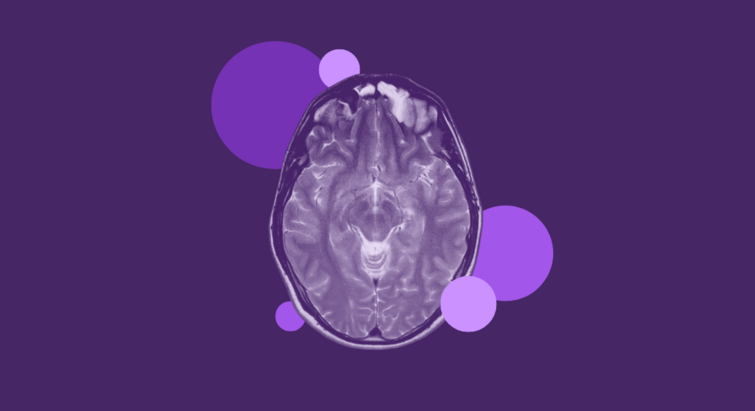
AI, schizophrenia and Parkinson’s: Brain research at SUND receives major grants
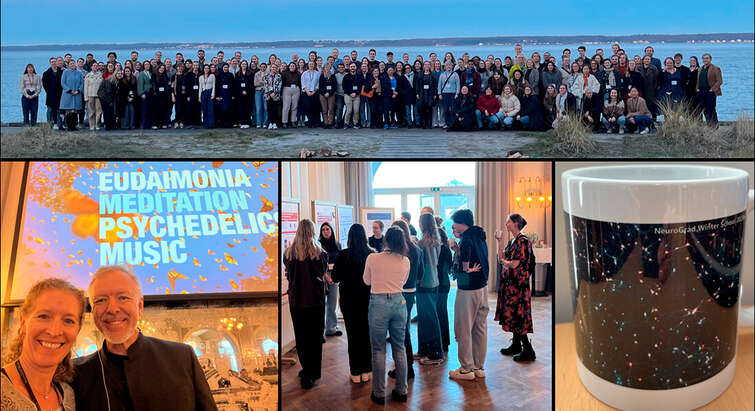
NeuroGrads rock at their yearly winter school
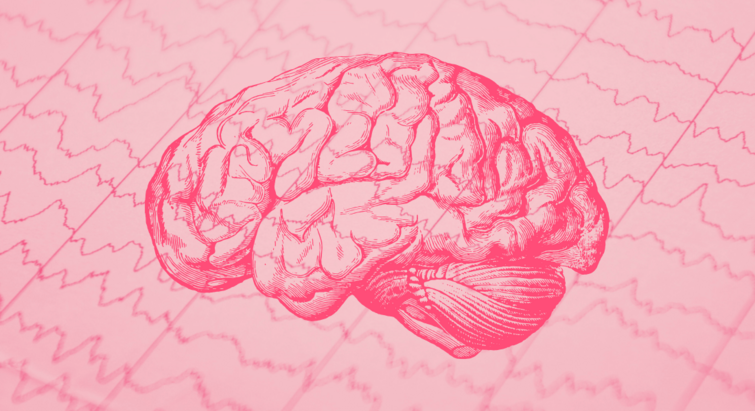
Researchers discover the pump for the brain’s ‘washing machine’
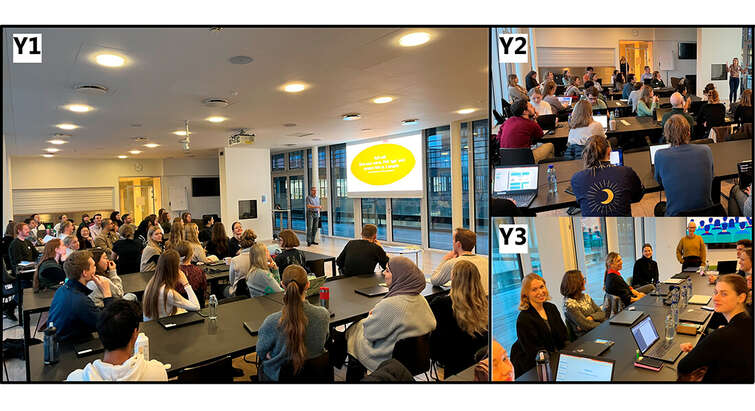
Transferrable skills for PhD students – Invaluable!
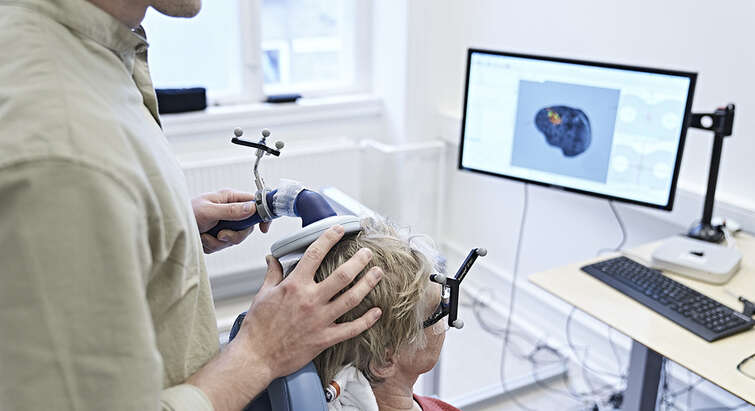
Electrical stimulation of the nervous system can improve motor learning
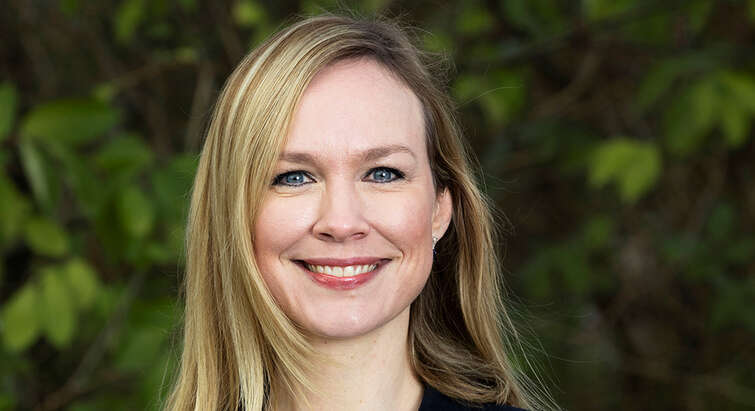
Kamilla Miskowiak receives two grants
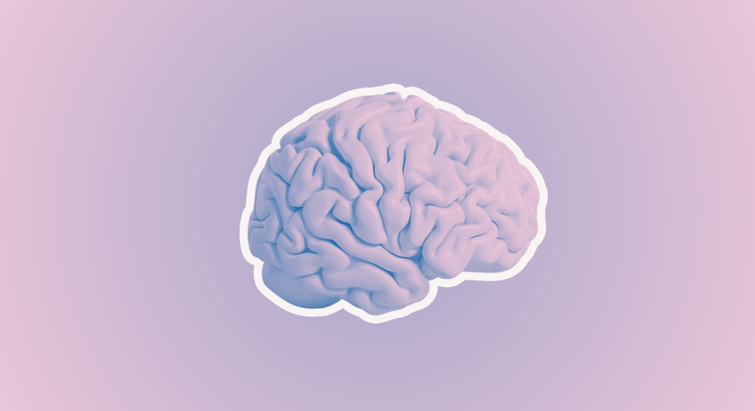
Six researchers from SUND receive grants for brain research

Exploring our ability to switch between focus and flexibility
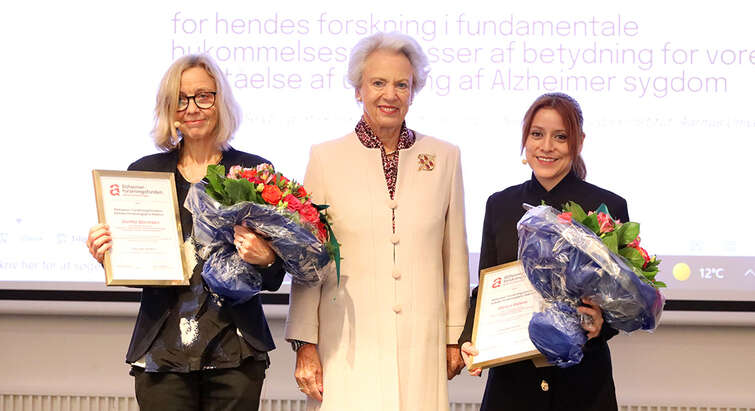
Blanca Aldana receives Alzheimerforeningen’s Forskerprisen 2024
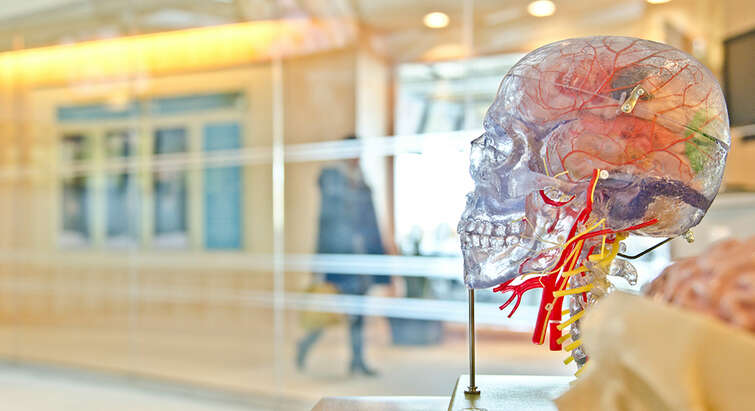
Cognitive problems after stroke to be detected faster
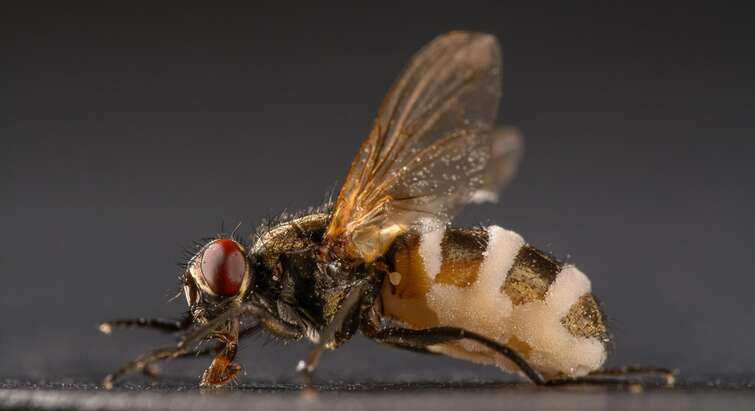
New knowledge about a fungus that turns 60-80% of the flies in your home into zombies

Cocaine discovery could pave way for treatment for substance abuse

Researchers identify unknown signalling pathway in the brain responsible for migraine with aura
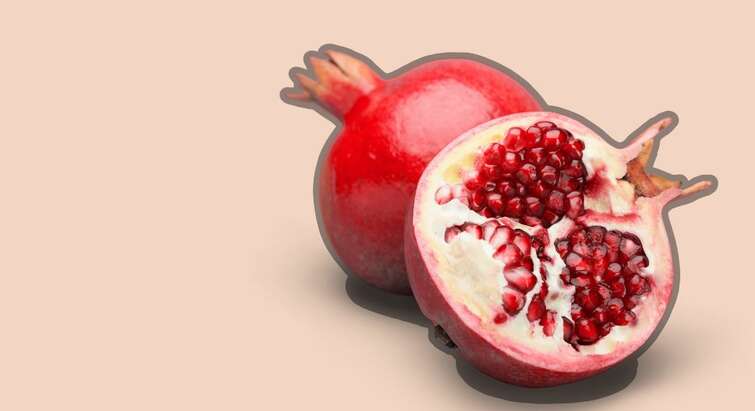
Naturally occurring substance in pomegranates can improve treatment of Alzheimer’s disease

